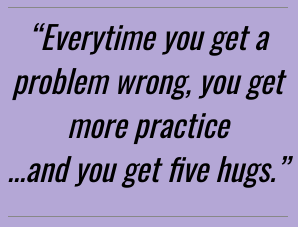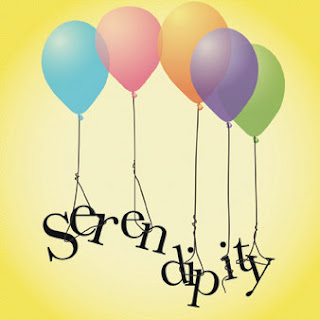Everytime you get a problem wrong, you get more practice...and you get five hugs

At around the age my 7 year-old daughter began to understand what a job was, I became a high school principal...and I was quite proud when she told others she, too, hoped to be a principal one day. When I moved from a mid-sized private school to become an assistant principal at a large public high school, my daughter’s career ambitions changed along with me; she now hoped to be an assistant principal, which I thought was absolutely adorable. However, as she proclaimed these career possibilities, I attempted to impress upon her that good principals (and assistant principals) are frequently good teachers first. And as I hoped, she eventually began informally sharing what her approach to classroom teaching would look like. First and foremost, if you have a child this age, I hope you “play” school every once in a while. Both boys and girls can enjoy it! By putting your child in charge of her or his own classroom, even if you are the only student, you get a firm grasp on what your child i...



